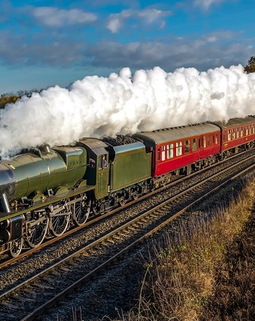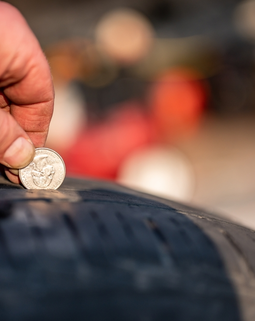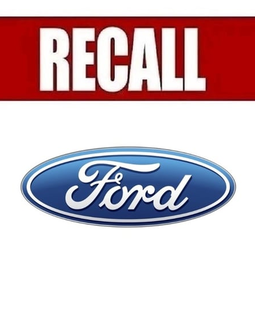Seat Belt Laws
By law, everybody in a moving car in Swaziland must wear a seat belt. Many do not, reflected in the higher percentage of deaths of passengers when compared with motorists. The police are rather strict on enforcement, managing random roadside tests on a regular basis.
Should have Documents
you'll need to have both parts of your driving licence; card and paper and an international driving license if yours is not issued by South Africa. You should carry your enrollment documents along with a copy of your passport.
Speed Limits
The speed limits for Swaziland are as follows:
Open streets: 80 km/h
In Town: 60 km/h
Highways 120 km/h
Minimum Driving Age
You have to be at least 18 to Have the Ability to drive in Swaziland. Under 25 and you'll be charged a premium for your youth.
Child Safety Rules
There are no special laws governing the harnessing of kids in cars and it is up to you to make sure their safety.
The AA of South Africa suggest that third party pay for many vehicles is included in the price of fuel in Swaziland
Rules of the Road
Conventional international driving laws apply with one or two exceptions.
• Swaziland drives on the left
• Car-jacking is a common and dangerous crime in Swaziland, don't cease to help others rather than pick up hitchhikers
• Roads are usually in poor conditions so the speed limits in many cases are unlikely. Adjust your speed to the conditions.
Towing Regulations
There are no laws governing towing in Swaziland, you need to simply use your common sense and ensure that what you're towing is connected firmly and which you can see what is happening around the vehicle as you drive.
Speed Cameras
You won't find any fixed speed cameras in Swaziland however, the police frequently set up mobile speed traps to capture unsuspecting drivers. The road conditions are usually poor in Swaziland so it would be sensible to remain well under the rate limit in almost any case.
Utilizing Mobile Phones when forcing
In theory, it is illegal to use a mobile phone with no hands-free kit in Swaziland however, the law is regularly flouted.
Motor Way Evidence
The only road of motorway standard in Swaziland is that the MR3 that joins the border to Mbabane and Manzini although there are many dual carriageways in varying states of repair.
Phrases
English is often spoken in Swaziland since it is among those national languages. You will not have any trouble getting yourself known in Swaziland.
Traffic Lights
There are not many traffic lights in Swaziland; the ones you'll find being in Mbabane and much less frequently in Manzini. The sequencing of these lights should be recognizable to most drivers. Many South African toll roads skirt the nation or begin at its borders so if you're crossing the boundary, be aware that you might start paying tolls immediately.
Emergency
The emergency number in Swaziland is the UK standard 999 for all emergency services.
What to do in an emergency
Much of Swaziland is rural and you'll need to have your mobile phone topped up if travelling away from the towns. In a rental car, use the emergency number inside the windscreen or on your documentation, in your car, be sure to have the number of a reputable mechanic that has breakdown providers.
You may only have to inform the authorities of an accident if someone is injured or if at least one of the vehicles is undriveable. Many minor lumps are sorted out between the drivers. If the authorities do attend, request a copy of their report for your insurers or car hire company.





